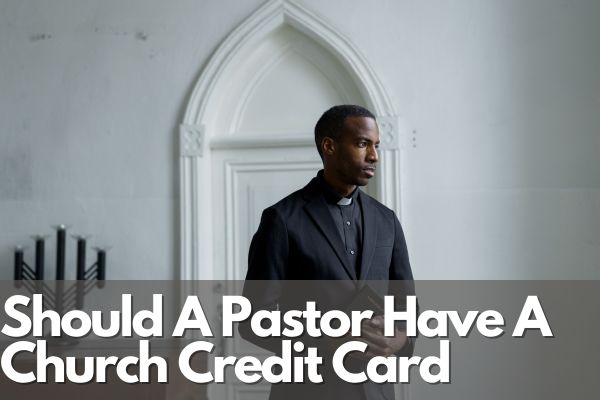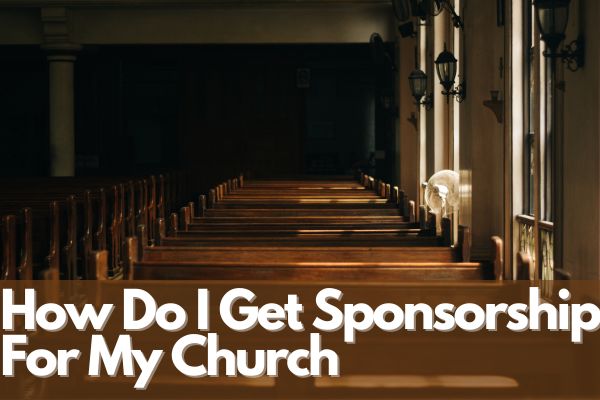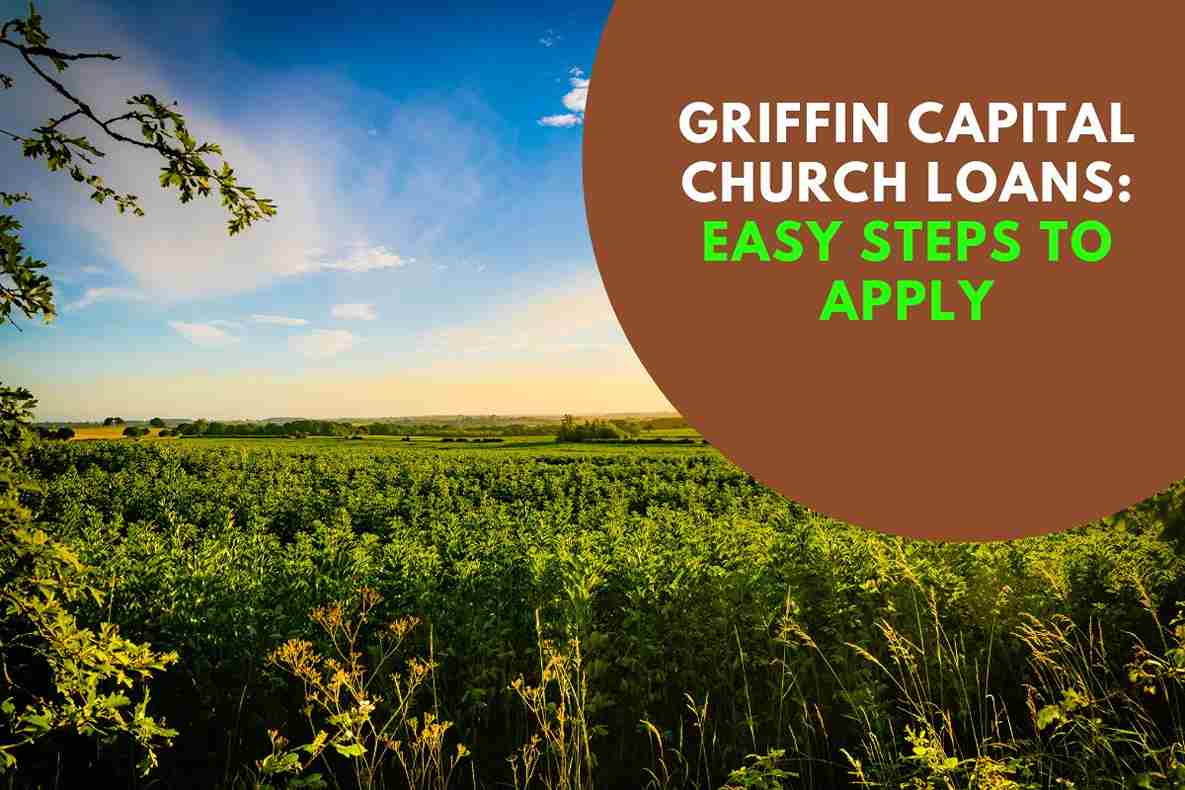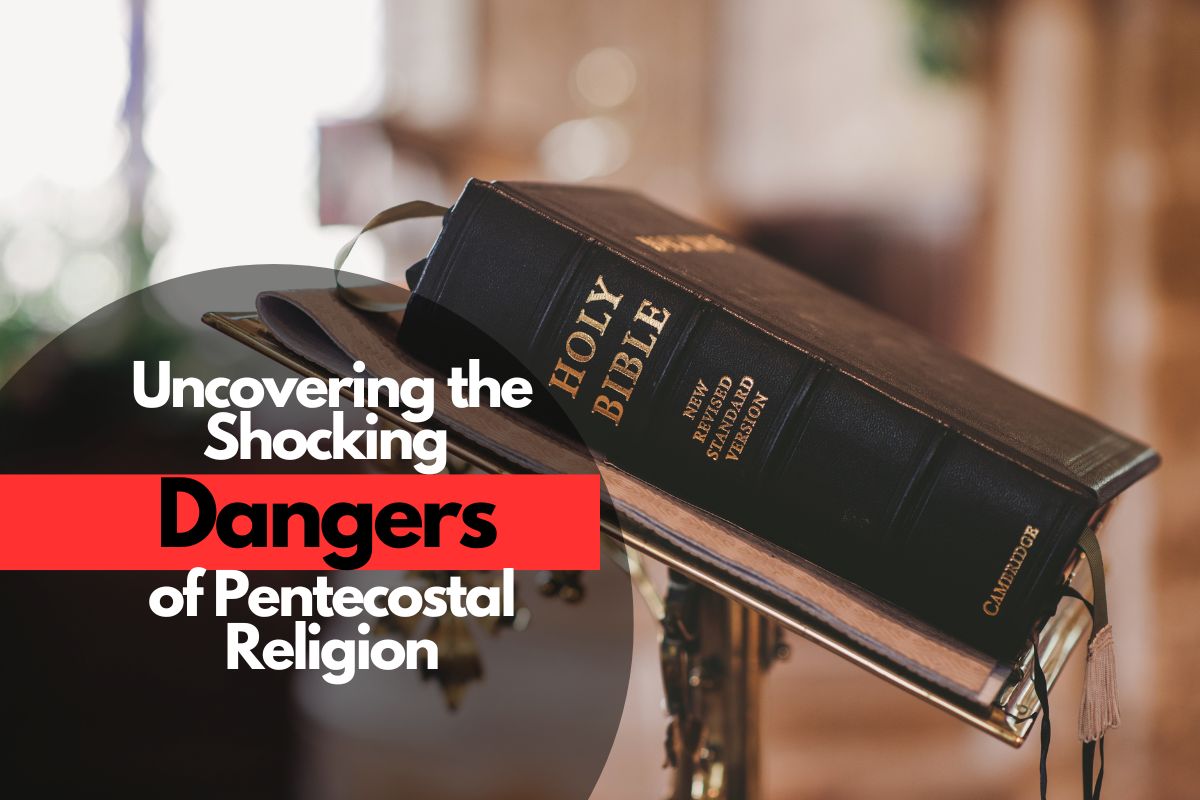The Church Extension Loan Fund (CELF) is a non-profit organization that provides loans to churches for expansion and building projects. CELF was created to support churches that need financial assistance to complete important community development projects. The organization aims to help churches fulfill their mission by providing funding and support that allows them to grow and better serve their communities.
History of CELF
CELF was founded in 1883 as the American Baptist Church Building Fund. In the early years, the organization primarily provided loans to Baptist churches. Over time, however, CELF expanded its services to include loans to churches of other denominations and non-denominational organizations. Today, CELF is a well-established and respected provider of church loans across the United States.
Types of CELF Loan Programs
CELF offers several loan programs to meet the needs of different churches. The most common types of loans provided by CELF include building loans, renovation loans, and bridge loans.
1. Building Loans
Building loans are used to fund the construction of new church buildings. These loans are typically offered to churches that are planning to build a new facility from scratch, rather than renovating or expanding an existing building. Building loans may be used to cover the cost of purchasing land, hiring architects and contractors, and purchasing building materials.
2. Renovation Loans
Renovation loans are used to fund the renovation or expansion of existing church buildings. These loans may be used to cover the cost of upgrading the electrical or plumbing systems, adding new rooms or wings to the building, or making other improvements to the property.
3. Bridge Loans
Bridge loans are short-term loans that are designed to bridge the gap between the start of a construction project and the receipt of permanent financing. These loans are often used by churches that need funding quickly to start a project, but may not have secured long-term financing yet.
Eligibility Requirements for Loan Applicants
To qualify for a CELF loan, churches must meet certain eligibility requirements. These requirements vary depending on the type of loan being applied for, but may include:
- Proof of non-profit status
- A history of financial stability
- A solid plan for the use of loan funds
- A commitment to the community served by the church
Loan Terms and Conditions
CELF loans typically have more favorable terms and conditions than commercial loans. The interest rates offered by CELF are generally lower than those offered by commercial lenders, and repayment terms may be more flexible. Loans from CELF may also come with other benefits, such as assistance with project planning and budgeting.
Application Process and Approval Criteria
The application process for a CELF loan typically involves several steps. Churches interested in obtaining a loan must submit an application that includes detailed information about the proposed project, as well as financial statements and other supporting documents. CELF reviews each application carefully to determine whether the church meets the eligibility requirements and has a strong plan for using the loan funds. If approved, the church will receive funding to begin the project.
Benefits of CELF Loans
CELF loans offer several benefits to churches. These benefits include:
- Lower interest rates compared to commercial loans
- Flexible repayment options
- Assistance with project planning and budgeting
- Personalized customer service and support
Success Stories
CELF has helped numerous churches across the United States to complete important community development projects. Examples of successful projects funded by CELF loans include constructing new worship facilities, renovating existing buildings, and creating community outreach programs.
How to Get Involved
Individuals interested in supporting CELF’s mission can get involved in several ways. Donating to CELF is one way to provide financial support to the organization.






